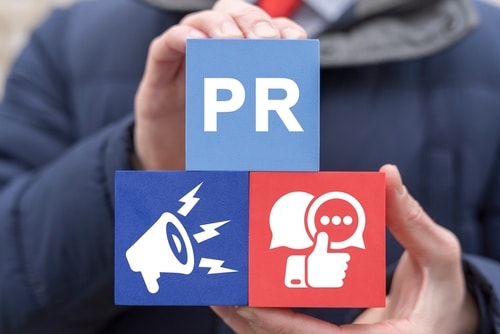Crisis communication and how to make the most of a bad situation Any press is good press, right?
Crisis communication refers to the process of communicating with the public during a crisis situation. It is an important part of public relations as it helps to protect an organisation's reputation and credibility.
Nowadays, with how connected we all are with the internet and social media, information spreads quickly and easily, and crisis communication has become more important than ever to stop the spread of misinformation and prevent any further crisis from happening.
When a crisis occurs, it’s important to initially assess the situation and gather all the necessary information. It is essential to have a crisis communication plan in place, which outlines the steps to be taken in case an emergency arises. The plan should include details on who will be responsible for communicating with the media and the public, what messages will be communicated, and how they will be delivered. This of course will be dependent on the industry sector and the kind of crisis you are commenting on.
When communicating during a crisis, it is important to be transparent and honest. The public expects businesses and organisations to be open and upfront about what is happening. Providing regular updates can help to build trust and credibility with the public and can put the business or organisation in a positive light as to how the situation is being handled.
Another important aspect of crisis communication is to show empathy and concern for those affected by the crisis. This can include providing support and resources to those in need or addressing any concerns or questions raised by the public due to the crisis itself.
Social media has become a critical tool for crisis communication as anyone can post an update and it is instantly available. Social media provides a platform for organisations to communicate directly with the public and the media and allows the sharing of information in a timely manner. However, it is important to be careful when using social media during a crisis, as misinformation and rumours can easily spread.
Having an effective strategy for crisis communication is essential in protecting any organisation’s reputation and credibility. By having a plan in place, being transparent and honest, and showing empathy and concern, companies and brands can effectively communicate during a crisis and maintain the trust of the public.
Read all about it...
LATEST NEWS

How Startups Can Earn Big Media Coverage with Small Budgets

The Role of PR in the Health Tech RevolutionTransform Your Press Release


